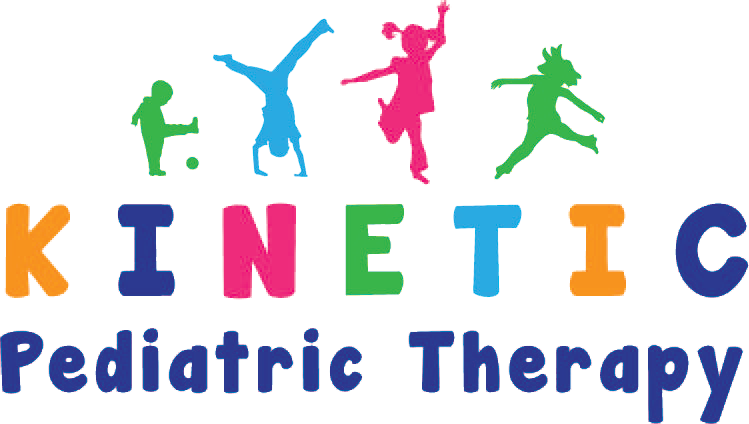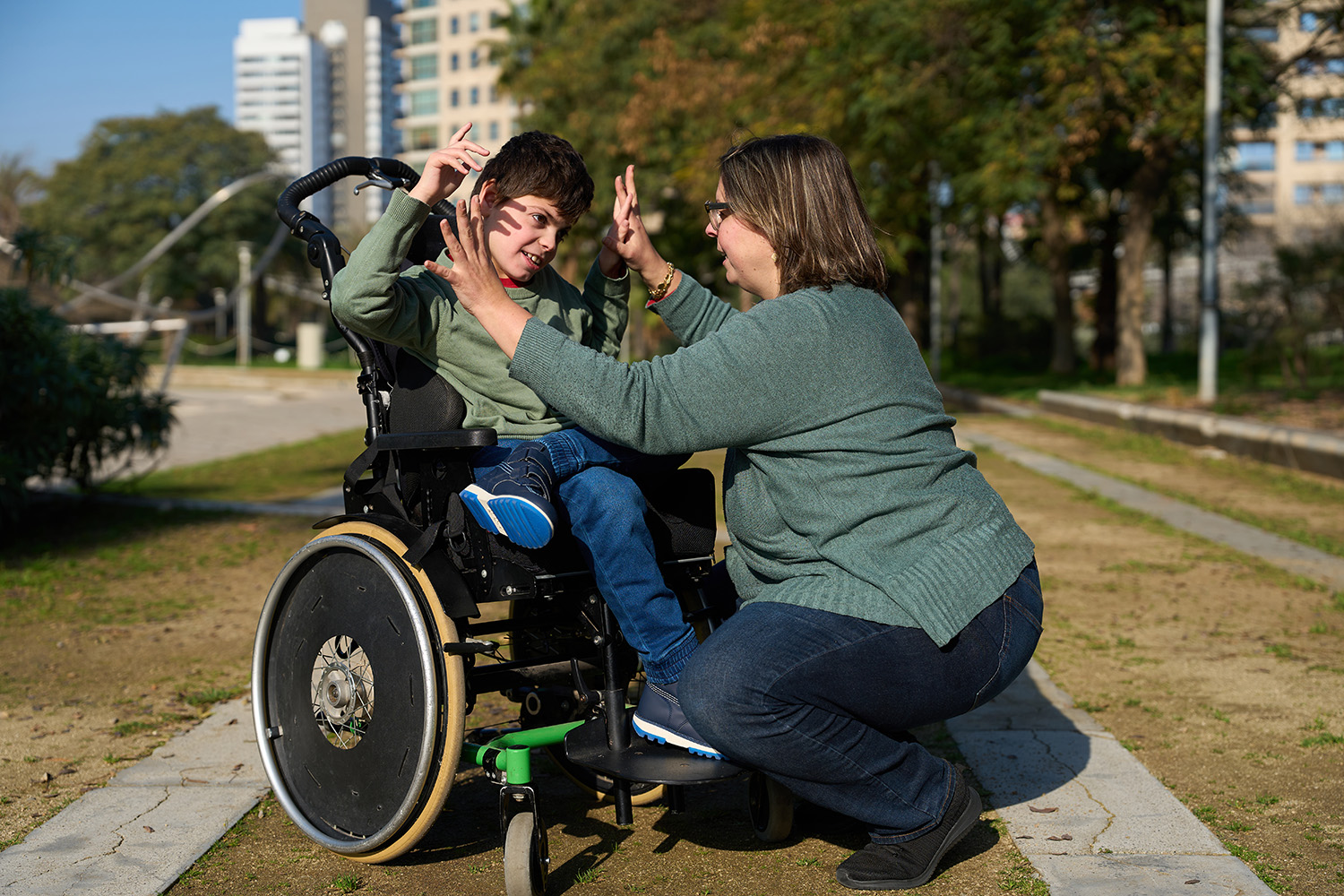
Early Physical Therapy Intervention in Schools: Laying the Foundation for Learning
Early Physical Therapy Intervention in Schools is one of the most impactful services a school system can offer to students with physical challenges or motor skill delays. When issues related to movement, coordination, posture, or endurance are addressed early, children are better equipped to fully participate in academic activities, access their learning environment, and build the physical confidence they need to thrive. School-based contract physical therapists are essential partners in this early intervention approach, helping identify concerns before they interfere with academic development.
The Connection Between Motor Skills and Academic Achievement
While academic success is often associated with cognitive ability, motor skills play an equally important role in a student’s educational journey. Children use fine and gross motor skills to write, sit upright, transition between activities, manipulate learning materials, and engage in classroom routines. If these skills are underdeveloped, students may struggle to keep up, even if they are intellectually capable. Early Physical Therapy Intervention in Schools ensures that motor challenges are recognized and addressed before they cause long-term academic setbacks.
The Long-Term Benefits of Early Physical Therapy Intervention in Schools
The benefits of Early Physical Therapy Intervention in Schools extend far beyond physical health. When contract physical therapists begin working with students at the first signs of difficulty, they can implement strategies that improve participation, reduce fatigue, and enhance learning outcomes. Early intervention leads to stronger foundational skills, more independence, and a greater ability to meet educational benchmarks. Students are less likely to fall behind or require more intensive services later on.
How Early Physical Therapy Intervention in Schools Identifies Hidden Barriers to Learning
Motor challenges aren’t always obvious to teachers or parents. A student may avoid tasks like cutting, writing, or climbing stairs—not due to defiance or disinterest, but because they lack the motor skills or muscle strength to complete them comfortably. A contract physical therapist is trained to spot these subtle signs during school-based screenings or evaluations. By observing posture, balance, gait, and coordination, the physical therapist can uncover hidden barriers that interfere with learning and recommend appropriate interventions right away.
Reducing the Need for Long-Term or Intensive Services
One of the primary goals of Early Physical Therapy Intervention in Schools is to prevent the escalation of physical challenges. When addressed early, many motor delays can be significantly improved with targeted exercises, classroom modifications, or equipment supports. This can reduce the need for more intensive services, costly medical treatments, or extended special education placement in the future. By intervening early, contract physical therapy providers support a proactive, rather than reactive, approach to student development.
Building Physical Readiness for Learning
Children need a certain level of physical stability and endurance to succeed academically. They must be able to sit upright for long periods, move between tasks without fatigue, and manipulate tools like pencils, tablets, and books. Early Physical Therapy Intervention in Schools helps build these critical readiness skills. A physical therapist may introduce core strengthening exercises, ergonomic seating, or adaptive equipment to ensure students can engage in learning without discomfort or distraction.
Improving Confidence and Participation
When students struggle physically in the classroom, their confidence can take a major hit. They may avoid tasks, withdraw socially, or act out in frustration. Early Physical Therapy Intervention in Schools empowers children by helping them overcome physical barriers and succeed alongside their peers. Increased participation leads to a greater sense of belonging, improved self-esteem, and stronger motivation to learn. A contract physical therapist plays a critical role in this emotional and social growth.
Supporting IEP Development and Academic Goals
Students with disabilities often receive an Individualized Education Program (IEP), which outlines specific academic and developmental goals. Contract physical therapists contribute valuable input to the IEP team, helping set realistic and measurable physical goals that align with academic expectations. Through Early Physical Therapy Intervention in Schools, these goals are introduced when they are most impactful, creating a smoother educational path and reducing the risk of academic regression.
Promoting Collaboration Between Therapists, Teachers, and Parents
A major advantage of school-based therapy is the opportunity for consistent communication between professionals. With Early Physical Therapy Intervention in Schools, the physical therapist works closely with classroom teachers, special educators, and families to create cohesive support systems. Teachers learn how to implement movement strategies in the classroom, while parents are educated on how to carry over therapy exercises at home. This collaborative approach ensures consistent progress and reinforces motor development in every environment.
Supporting Transition to Higher Grades with Stronger Skills
Early motor skill interventions not only support academic success in elementary years but also prepare students for the increased physical and organizational demands of middle and high school. Children who receive Early Physical Therapy Intervention in Schools are more likely to enter later grades with better posture, coordination, endurance, and independence—enabling them to handle heavier backpacks, navigate larger campuses, and participate in more advanced classroom activities.
Preventing Secondary Problems Through Early Action
When physical delays go unaddressed, secondary problems often emerge—ranging from chronic pain to behavioral issues to decreased academic performance. Early Physical Therapy Intervention in Schools acts as a safeguard, minimizing the risk of these compounded problems. By helping students early, physical therapists prevent a ripple effect that can affect every area of a child’s educational and personal development.
The Lasting Value of Early Physical Therapy Intervention in Schools
Early Physical Therapy Intervention in Schools is an investment in a child’s future. By identifying and addressing motor challenges early, schools can set students on a path toward academic success, physical confidence, and long-term independence. Contract physical therapy providers bring expertise, compassion, and results-driven strategies that transform challenges into opportunities. As more schools prioritize early intervention, they create environments where every student—regardless of physical ability—has the support they need to thrive from the classroom to beyond.
🏃♂️ Help your students reach their full potential with expert Pediatric Physical Therapy! Kinetic Pediatric Contract Therapy offers tailored physical therapy services to schools across North Carolina, helping children improve their strength, mobility, and coordination. Our dedicated therapists work one-on-one with students to ensure they have the tools they need to succeed both in the classroom and in life. 🌟 Empower your students with the support they deserve—bring our Pediatric Physical Therapy services to your school today and promote their physical well-being and growth!
Please Share




